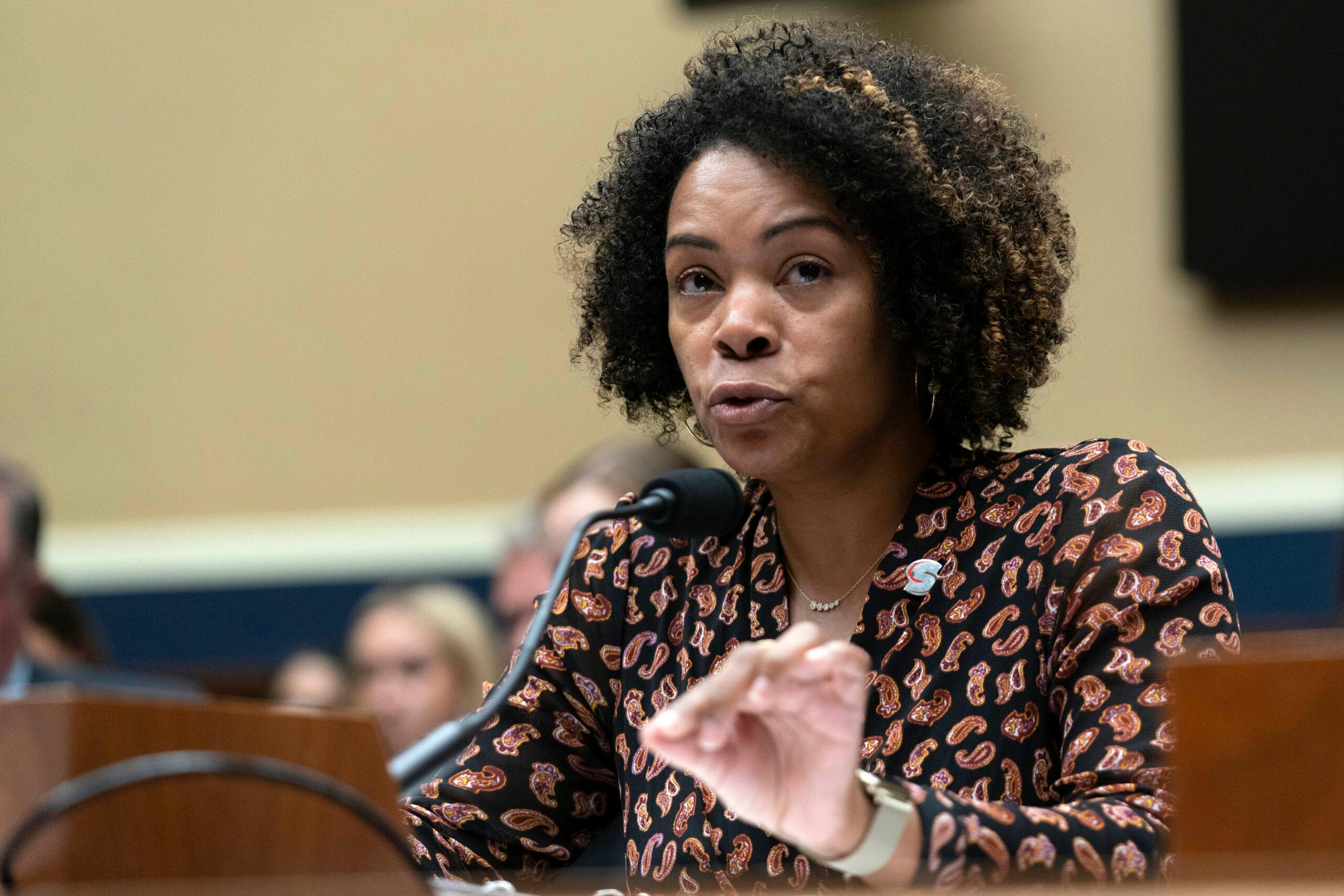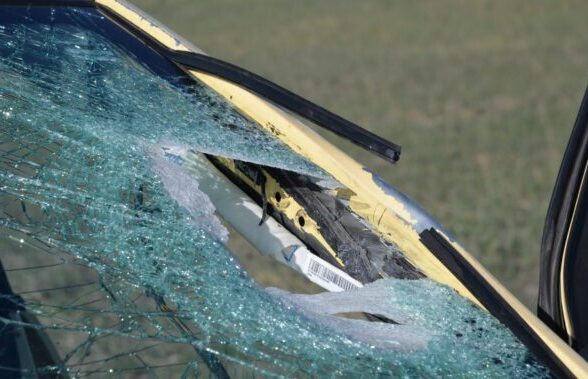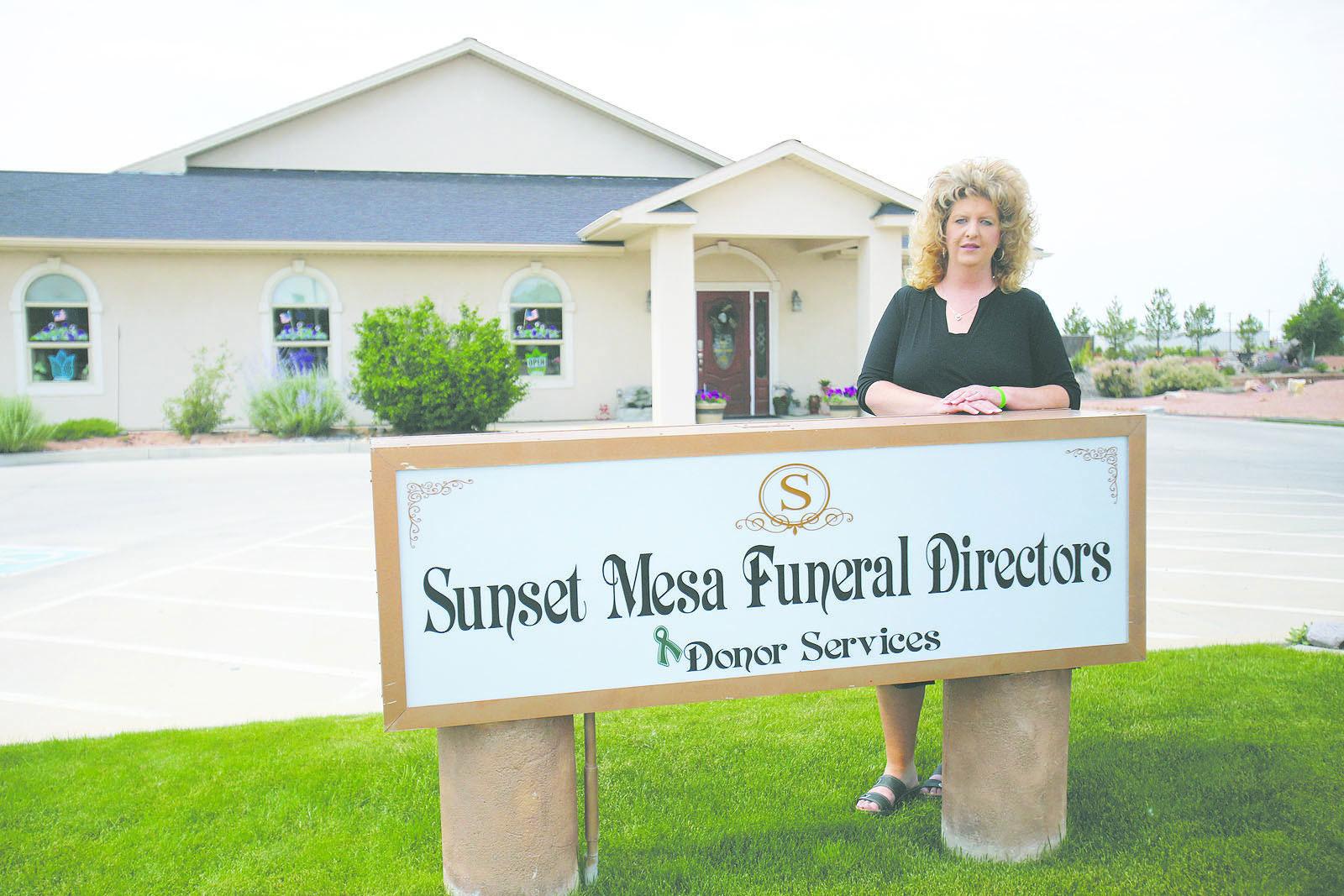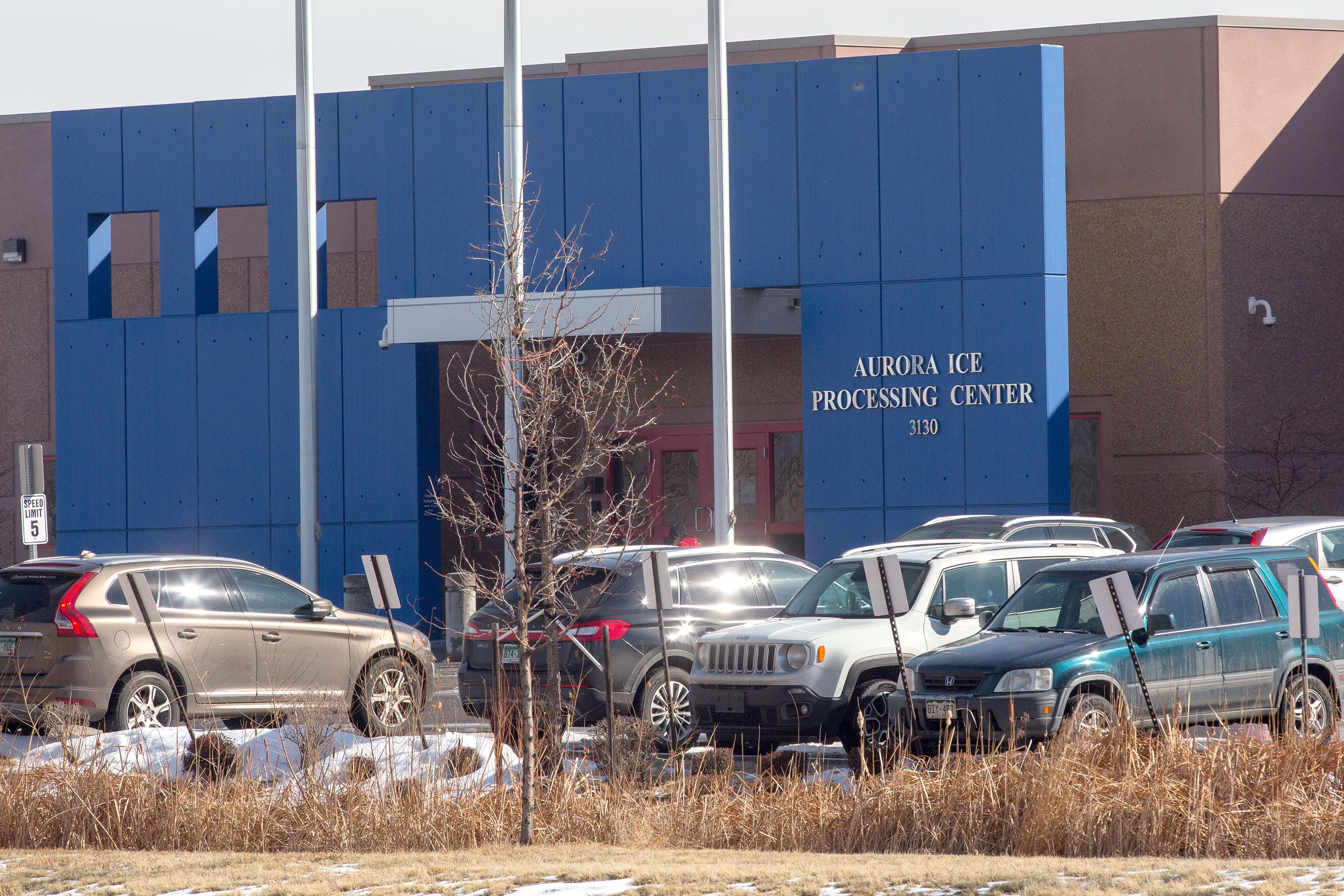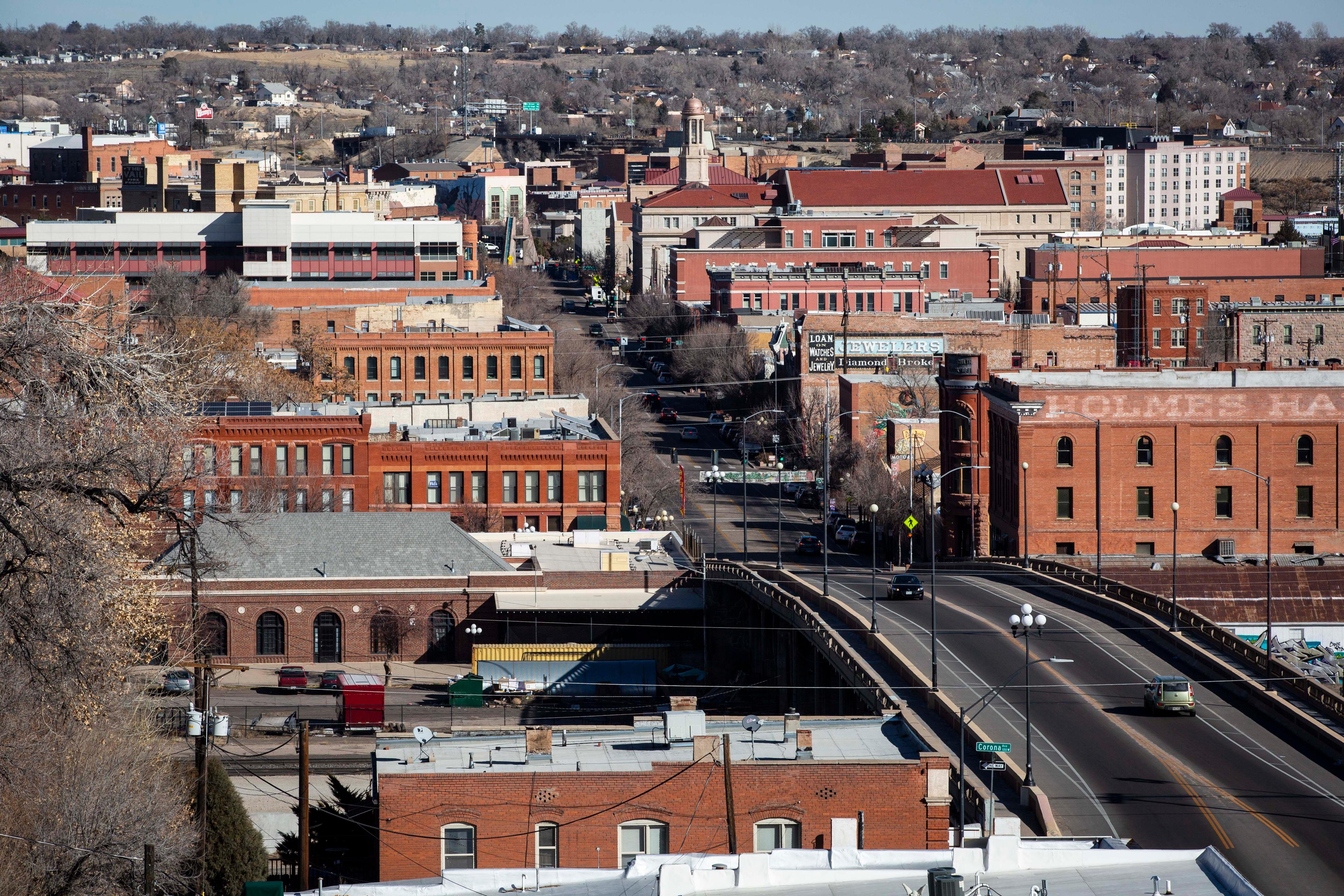
Political campaigns don’t just work to persuade undecided voters to support their candidate; encouraging turnout is as important — or can be even more so — than persuasion. It’s especially key in politically divided parts of the state where both major parties are trying to galvanize less frequent voters.
Colorado has one of the highest voter turnout rates in the country; according to state figures, 86 percent of active voters cast ballots in 2016. But in Pueblo, the rate was about 5 percent lower. That means both parties see room for growth in 2020.
Pueblo is a heavily Latino county with more registered Democrats than Republicans. And while President Donald Trump lost Colorado in 2016, he narrowly won the county.
“It was a shock, a shock to those of us living here and a shock to people around the state,” said Victoria Marquesen, the secretary of the Democratic Party in Pueblo. “I can remember for six months afterwards, I’d see people throughout the state and they'd say what the hell happened to Pueblo County?”
- Speak English? Take the survey here
- ¿Hablas español? Contesta la encuesta aquí
Reversing that trend could be critical for Democrats. They hope to flip Colorado's 3rd Congressional District seat from red to blue in an open race between Republican Lauren Boebert and Democrat Diane Mitsch Bush.
The party also wants to unseat Republican Sen. Cory Gardner by electing former Gov. John Hickenlooper. Pueblo’s voters are crucial to those efforts.
Democrats aren’t doing as much door-to-door campaigning because of the pandemic. To make up for the loss of that in-person contact, they’ve taken to an old-fashioned approach to reach voters: handwritten letters, sent through the mail.
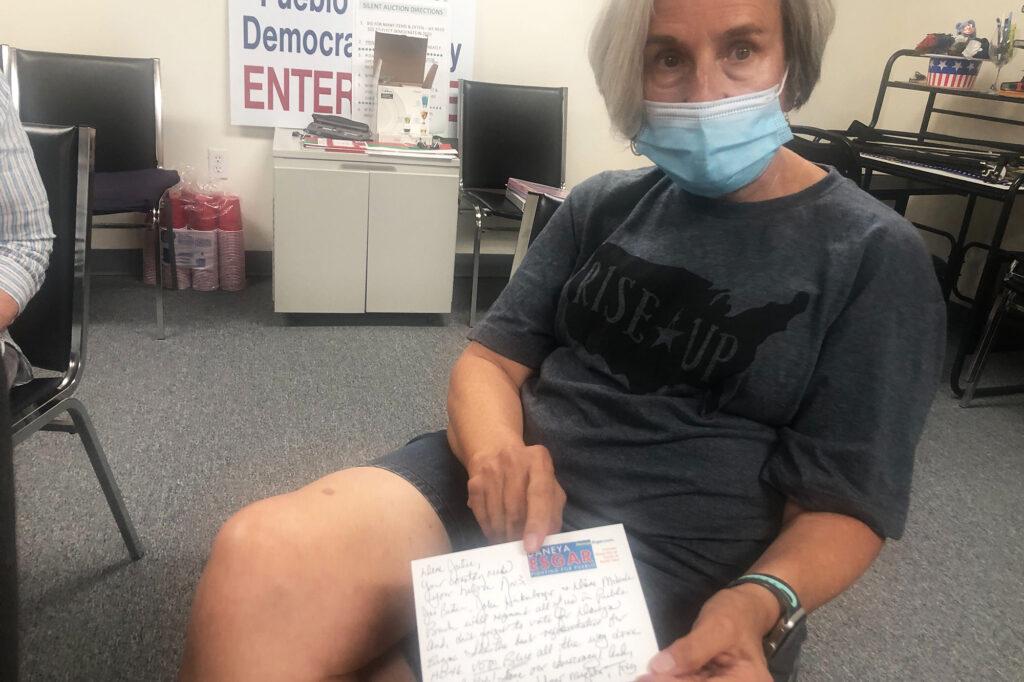
The notes, which are filled out by party volunteers, will go to infrequent Democratic voters, to “nudge” them to cast a ballot.
“They may not always vote in elections, but we want to make sure that they understand the importance of this, and they get something personal,” said Carole Partin, an executive committee member of the Democratic Party in Pueblo.
Marquesen added that it’s more difficult to judge enthusiasm this year because of a lack of large in-person events and candidate visits. To reach more people they’re having to rely on passive communication, like billboards.
But the Left hasn’t abandoned face to face efforts altogether. Volunteers with the Pueblo Latino Democratic Forum have focused on reaching non-voters, a group they went looking for during a recent voter registration drive at a gas station.
Most of the people visiting the convenience store or pumping gas said they did normally receive a mail ballot, while a handful of people said they weren’t interested.
“I don't know if it's going to benefit me. I don't even know if my vote even counts; I’m an ex-convict,” said Eric Stewart, who added that he has never voted before and doesn’t ever plan to.
“You know how hard it is to find a job to do anything? It's very difficult. And a person gets tired of it or they get depressed,” he said.
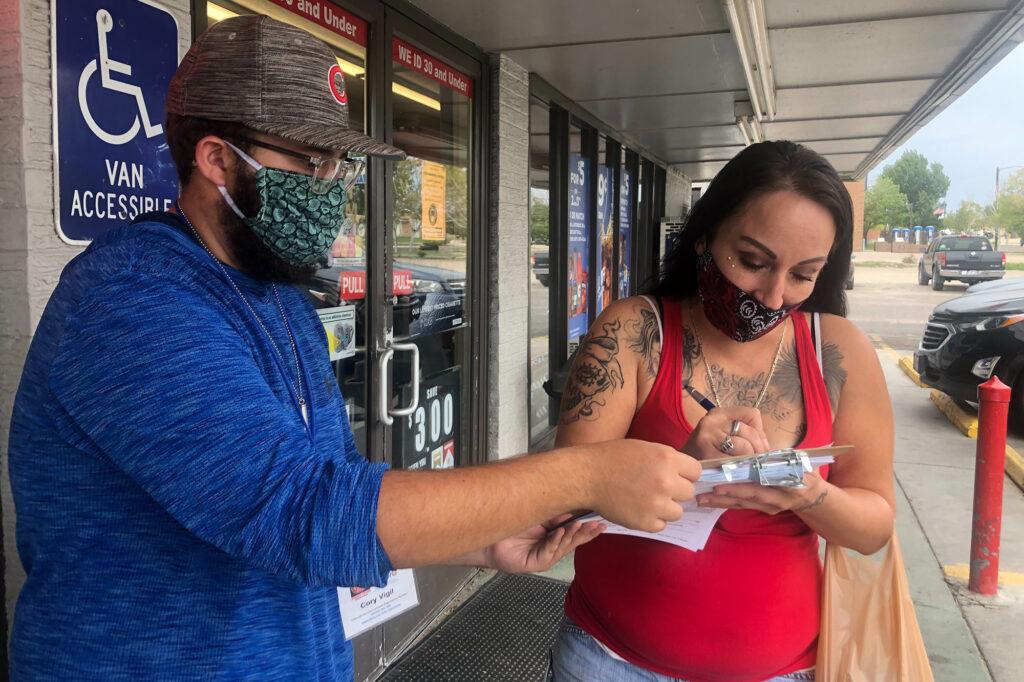
Taneesha Valdez pulled up to the convenience store with four children in the back seat of her car.
“I've never voted my whole life,” the 37-year-old told a volunteer.
Valdez said she’s never felt like she knew enough about the issues to vote and didn’t want to make uninformed choices. But this year her sister convinced her to do it anyway.
“Honestly, she wants Trump out, so she's like, ‘Please come on, get out here and vote and, you know, get your say so out there. Get him out,’” Valdez said.
She plans to support Biden and other Democrats on the ballot.
But community organizer Vicente Martinez Ortega said he’s worried that people voting against somebody rather than for somebody won’t necessarily translate to votes for Biden.
“It's always very worrisome; when I worked for Hillary Clinton in 2016, we had 5,000 people vote for Jill Stein here in Pueblo ... And so voting against somebody is almost just as harmful as not voting at all,” Ortega said.
On the other side, Republicans see a real opportunity to build on their 2016 success in Pueblo by tapping into president Trump’s most passionate supporters. The Trump campaign’s victory bus recently stopped in the city for a small rally headlined by Trump campaign senior advisor John Pence, the vice president’s nephew.
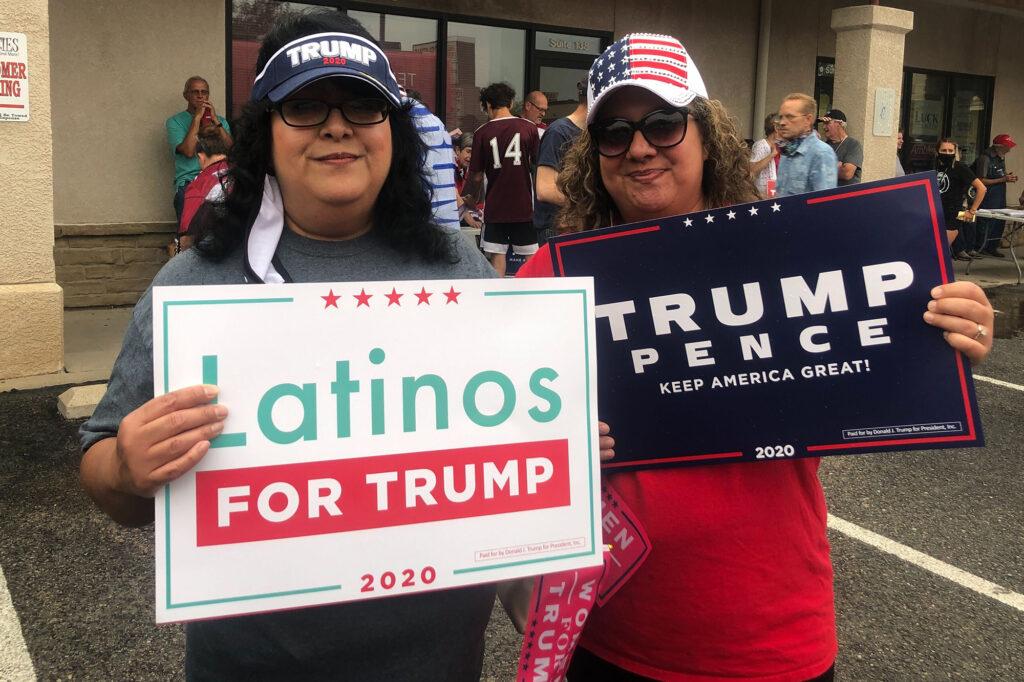
Sara Rosales was there with her adult daughter. Holding a Latinos for Trump sign, she said she’s been trying to convince friends and family members, especially those who didn’t vote in 2016, to give the president a chance.
“I actually want them to open their eyes because Democrats are not the party they were, they're not. It's this other socialistic liberal agenda,” she said.
Rosales said she helped convince her son and daughter in law to become Republicans. But some of her other efforts haven’t been so successful.
“We actually got into real heated discussion not too long ago,” she said of one interaction. “At the end of the day, they’re family and we can agree to disagree.”
Even with setbacks, this kind of personal effort may be more effective than anything the political parties can do to turn out the vote, especially as the pandemic keeps some traditional get-out-the-vote efforts on the sidelines.

